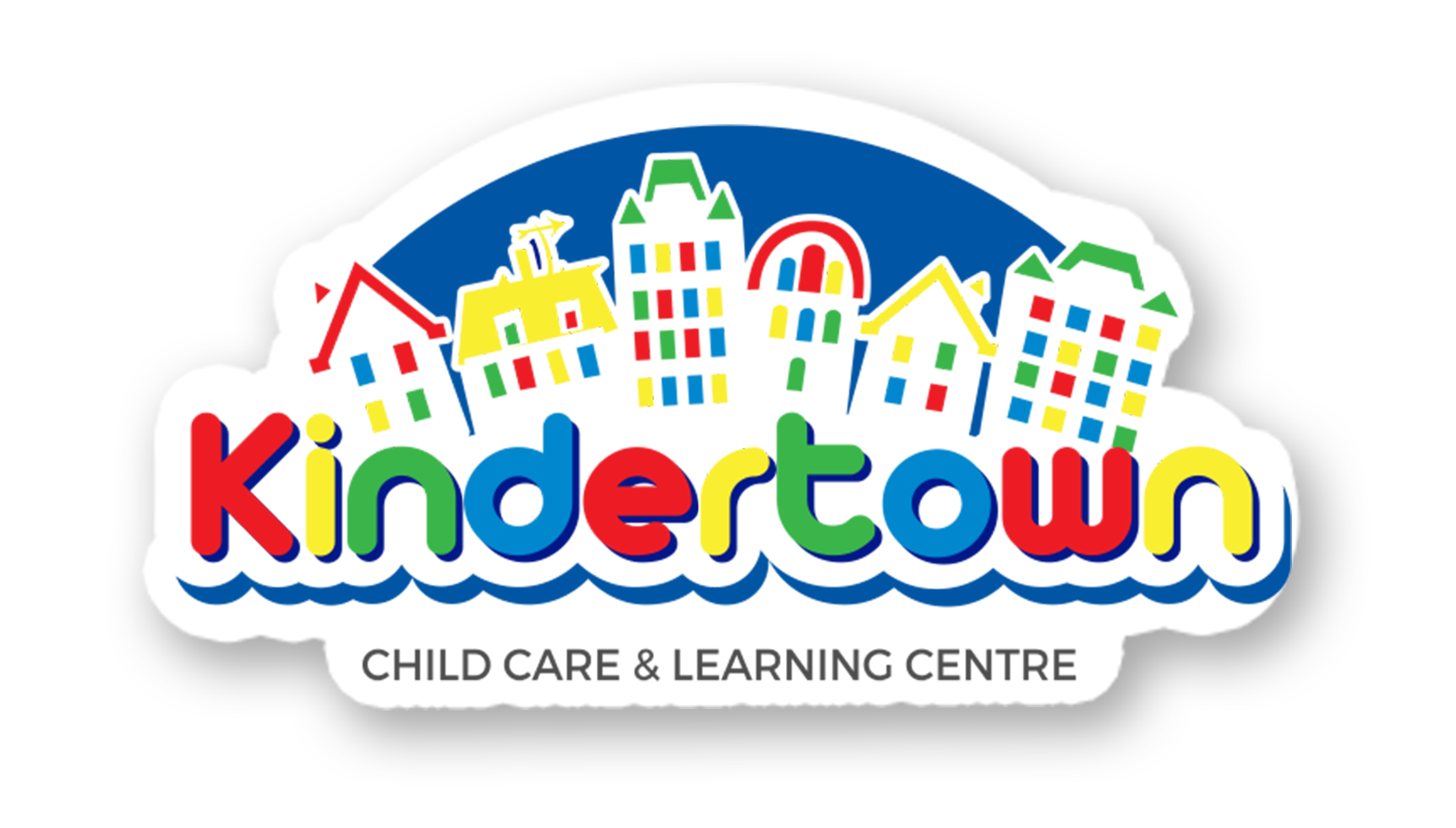Why Open Ended Art Matters
Open-ended art encourages children to explore and create freely, without a specific end product in mind. This approach can be particularly beneficial for early learning practice, as it supports children's development in a variety of ways.
One of the main benefits of open-ended art is that it allows children to express themselves in a way that is personal and unique to them. By providing children with materials and allowing them to explore and create on their own, teachers can encourage children to develop their own creative vision and pursue their own ideas. This can help children to build self-esteem and confidence, as they gain a sense of ownership and pride in their own work. Open-ended art can also be a way for children to develop their fine motor skills and hand-eye coordination. By manipulating materials such as paint, clay, or markers, children are engaging in a variety of movements that can help to build strength and dexterity in their hands and fingers. This can be particularly beneficial for young children who are still developing their fine motor skills.
Another benefit of open-ended art is that it can promote problem-solving and critical thinking skills. When children are given the freedom to create and explore on their own, they are often faced with challenges and obstacles that they need to overcome in order to achieve their goals. This can help children to develop their ability to analyze and evaluate information, think creatively and develop solutions to problems. Lastly, open-ended art can promote children's imagination and creativity. By allowing children to explore and create without the constraints of specific instructions or guidelines, teachers can help children to develop their own unique ideas and perspectives. This can encourage children to think outside the box, take risks and explore their own creativity.
For childcare environments, open-ended art is a valuable tool in early learning practice. By allowing children to explore and create on their own, teachers can promote self-expression, fine motor skills development, problem-solving and critical thinking skills, and encourage imagination and creativity.

